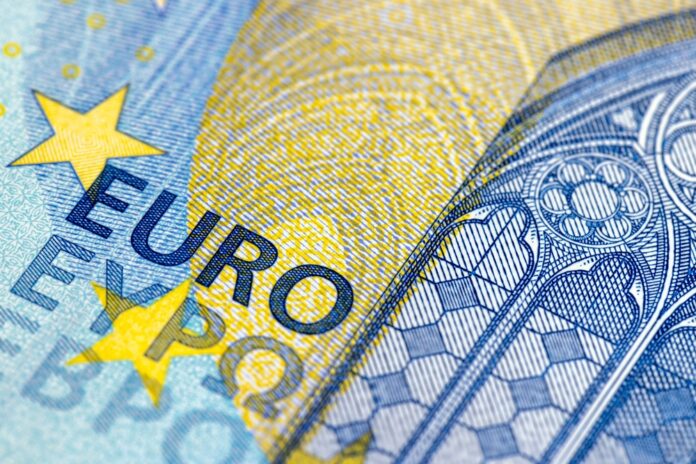The U.S. dollar lost ground in early trading in the European session on Wednesday after Federal Reserve Chairman Jerome Powell indicated progress in lowering inflation, while the euro rose ahead of the second round of early parliamentary elections in France.
Dollar falls after Powell’s negative comments
The dollar lost ground after comments made Tuesday by Jerome Powell, chairman of the Federal Reserve, at a conference in Portugal sponsored by the European Central Bank, reinforced estimates that rate cuts appear not far off.
The Fed has made “significant progress” in reducing the pace of price increases to 2%, Powell said, noting that the labor market, which is a relevant driver of inflation, is showing signs of “cooling,” with wage increases easing back toward “more sustainable levels.”
The Federal Reserve will release the minutes of its June policy meeting later in the session, where the Fed kept interest rates at their highest level in 20 years and indicated that it expects to cut borrowing costs only once in 2024.
Politics takes its toll on the euro
EUR/USD rose 0.2% to 1.0762, with the euro helped by data showing that the crucial services component of eurozone inflation held at high levels, suggesting that the European Central Bank will take time before cutting interest rates again.
The ECB’s Christine Lagarde and Philip Lane will take the floor at the central bank’s forum in Portugal later on Wednesday, while services PMI data for June in the eurozone, also due later, is expected to remain in expansionary territory.
The euro has also benefited from news that opponents of France’s National Rally have begun to step up their bid to prevent the far-right party from taking power during the second round of elections to be held next Sunday.
GBP/USD rose 0.1% to 1.2696. A general election is being held in the U.K. on Thursday, with the opposition Labour Party expected to return to power. The UK’s strained finances mean that any new government will have little room to increase spending, which could suppress a catalyst for sterling weakness and contain volatility.
Yen falls to 38-year low
From Asia, USD/JPY advanced 0.2% to 161.81, touching nearly 38-year highs, with Japanese authorities remaining on the sidelines in the face of intervention risk. Finance Minister Shunichi Suzuki said Tuesday that currency market movements were being watched, but refrained from giving an explicit warning of intervention. USD/CNY rose to 7.2735, and the yuan fell to eight-month lows following the lowest reading on the Caixin/S&P index of global services purchasing managers since October.



